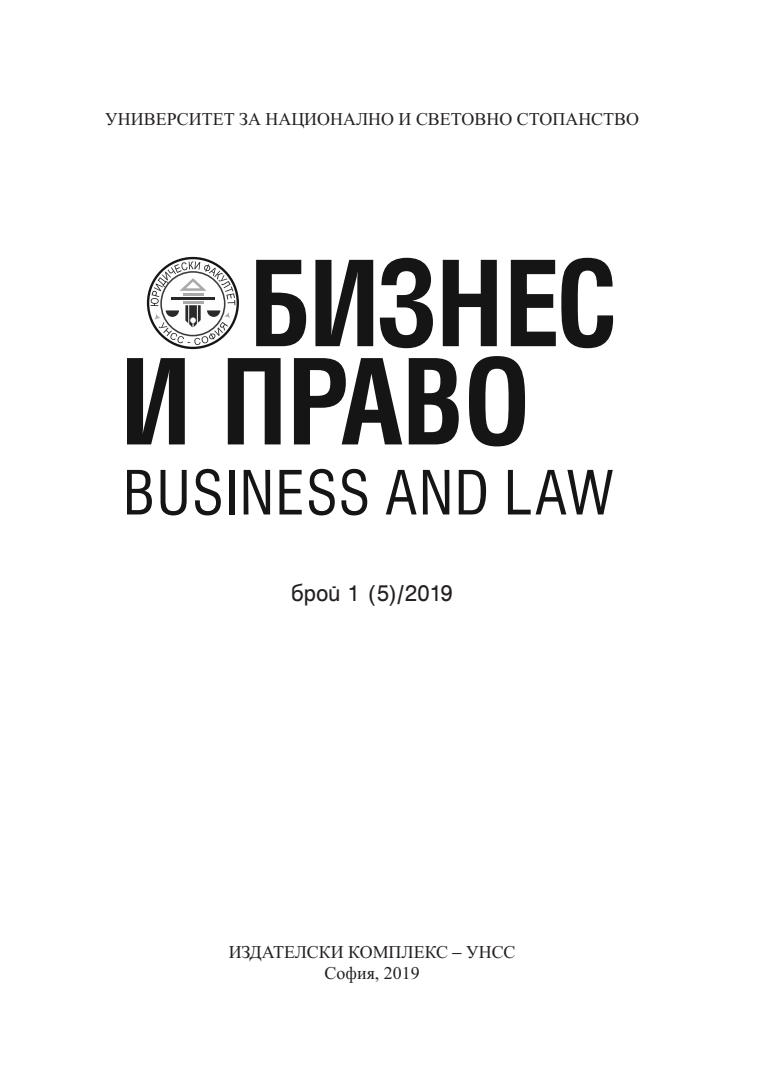Author(s): Elitza Todorova / Language(s): Bulgarian
Issue: 3/2010
Organized crime or criminal organizations are transnational, national, or local groupings of highly centralized enterprises run by criminals for the purpose of engaging in illegal activity. Mafia is a term used to describe a number of criminal organizations around the world. The first organization to bear the label was the Sicilian Mafia based in Sicily, known to its members as Cosa Nostra. In the United States, "the Mafia" generally refers to the Italian American Mafia. Other powerful organizations described as mafias include the Russian Mafia, the Irish Mob, the Chinese Triads, the Japanese Yakuza, the Neapolitan Camorra, the Serbian Mafia, the Mexican Mafia and the Bulgarian mafia. It`s on purpose that the worldwide-known journalist Claire Sterling named the transnational organized crime “Octopus”. What is common about all these criminal organizations is that the ones who participate in them, are people, who are badly treated, who bearly have education and a job. This rise in cooperation between criminal organizations has meant that law enforcement agencies are increasingly having to work together. The first step to take fighting transnational organized crime is giving clear and stable definitions of the problem, bearing in mind the national characteristics. United Nations` s puprose is to provide peace and security and it is devoted to it, having its commissions fighting terrorism, passing international laws and preventing human rights. The aspect that is to be discussed from now on is whether these organizations and actions taken are adequate to time and to the level that the transnational crime has reached. Most of these are actions post factum statements, but unfortunately, the prevention is still quite humble. It is neither the United Nations that are responsible, nor the national committees, devoted to fighting crime. It is everyone`s responsibility to understand and teach the others that the step to take is to provide economic prosperity and opportunities to gain education for everyone. Otherwise, we know what happens. Read the lines above. Organized crime or criminal organizations are transnational, national, or local groupings of highly centralized enterprises run by criminals for the purpose of engaging in illegal activity. Mafia is a term used to describe a number of criminal organizations around the world. The first organization to bear the label was the Sicilian Mafia based in Sicily, known to its members as Cosa Nostra. In the United States, "the Mafia" generally refers to the Italian American Mafia. Other powerful organizations described as mafias include the Russian Mafia, the Irish Mob, the Chinese Triads, the Japanese Yakuza, the Neapolitan Camorra, the Serbian Mafia, the Mexican Mafia and the Bulgarian mafia. It`s on purpose that the worldwide-known journalist Claire Sterling named the transnational organized crime “Octopus”. What is common about all these criminal organizations is that the ones who participate in them, are people, who are badly treated, who bearly have education and a job. This rise in cooperation between criminal organizations has meant that law enforcement agencies are increasingly having to work together. The first step to take fighting transnational organized crime is giving clear and stable definitions of the problem, bearing in mind the national characteristics. United Nations` s puprose is to provide peace and security and it is devoted to it, having its commissions fighting terrorism, passing international laws and preventing human rights. The aspect that is to be discussed from now on is whether these organizations and actions taken are adequate to time and to the level that the transnational crime has reached. Most of these are actions post factum statements, but unfortunately, the prevention is still quite humble. It is neither the United Nations that are responsible, nor the national committees, devoted to fighting crime. It is everyone`s responsibility to understand and teach the others that the step to take is to provide economic prosperity and opportunities to gain education for everyone. Otherwise, we know what happens.
More...






